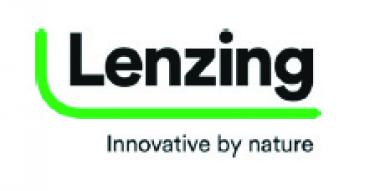DEVAN: Antiviral solutions for textiles
Textile innovator and specialty chemical producer Devan answers questions regarding anti-viral textile finish solutions following the growing spread of the COVID-19 outbreak.
Devan studied enveloped viruses (e.g. H1N1, Corona-types etc.) as well as naked viruses (e.g. Rotavirus). For both virus families BI-OME AV showed strong activity in wet state.
In the first instance, the company wants to focus on professionals who need to stay working such as policemen, logistics workers, shop employees, day-care workers.
A common complication of respiratory viral disease can be a secondary bacterial infection. Professionals could be helped with either an anti-bacterial on their facemask to reduce the chance for these secondary bacterial infections, for better hygiene and less odour build-up. On workwear, a combination of a virus spread reducing and antibacterial solution could help as these garments are typically used during long hours, are non-disposable and most likely will be washed at home.
Marketing Solutions NV

















